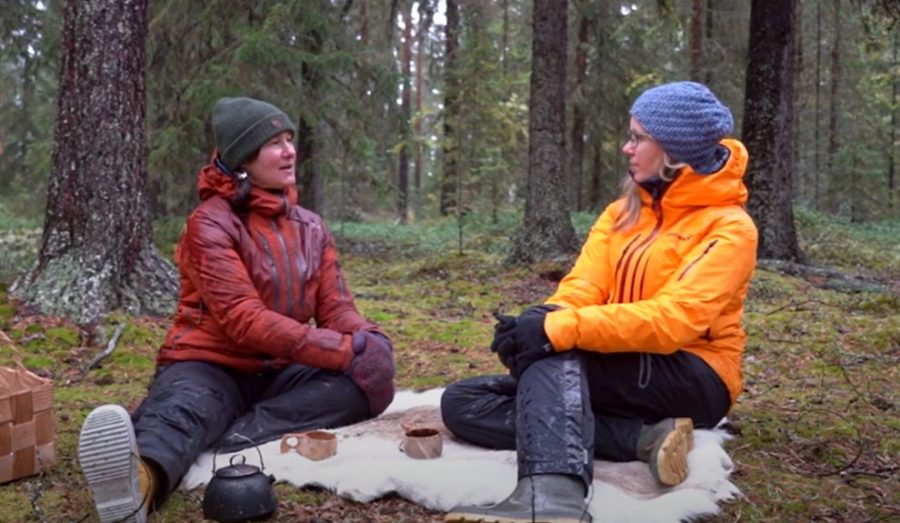Re-thinking tourism with our proximate surroundings
Outi Rantala’s Keynote
29th Nordic Symposium on Tourism and Hospitality Research Shaping mobile futures: Challenges and possibilities in precarious times
In the sparsely populated areas in the Nordic countries, tourism is often seen as a sustainable alternative for the extractive industries, such as mining and forestry. Tourism is understood as something softer, kinder, and less threatening to local diversity. The recent rapid growth of international tourism in the north was thus celebrated by many. Yet, in the current era of Anthropocene, as we are witnessing an overwhelming human influence upon the Earth, we need to both think beyond the local and find new approaches to study it from up close. We need to consider, for example, how to cut down carbon emissions and prevent increasing tourism from impacting local species. This project requires novel ways of doing tourism research and conceptualising human and more-than-human agencies that acknowledge their intertwined and interdependent nature. The paper illustrates one possibility to challenge distance- and growth-oriented, extractive mindsets by envisioning the possibilities of proximity tourism. Previous research has encouraged us to appreciate the mundane exceptionality of the ordinary through proximity tourism, defined as travel that takes place within one’s home region or usual settings (Díaz Soria & Llurdés Coit, 2013; Jeuring & Díaz Soria, 2017). In line with previous research, we do not define proximity merely based on the distance travelled. The idea of proximity refers – for us – to curious, caring and sensitive attitudes towards our proximate surroundings, beings and thoughts. This approach to proximity tourism reopens ideas of nearness and farness and offers an alternative approach to current quantitative macro-level discussions and inquiries into the Anthropocene. Hence, the paper discusses how proximity tourism can promote caring and sensitive entanglements.
